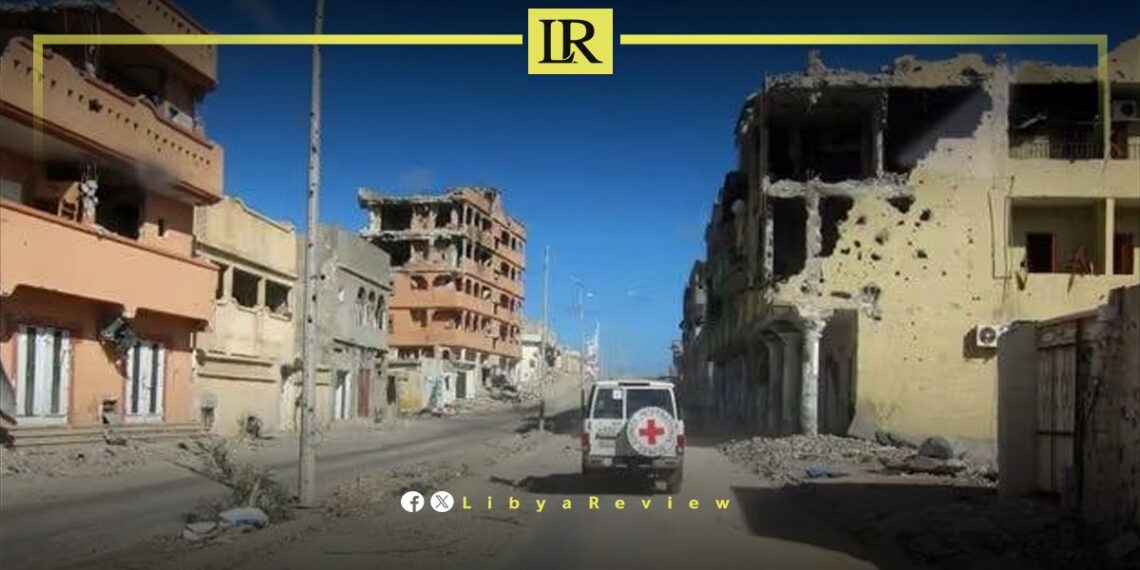Libya’s capital, Tripoli was ranked as the least liveable city in Africa, according to a report published by the Economist Intelligence Unit (EIU) on Thursday.
Tripoli’s position reflects the ongoing struggles faced by its residents. Political instability, economic difficulties, and a lack of basic services have severely impacted the quality of life. The city has been grappling with the aftermath of years of conflict, which has disrupted essential services and infrastructure. Efforts to rebuild and improve conditions have been slow, contributing to its low ranking.
The challenges in Tripoli are emblematic of broader issues facing Libya. The country’s political landscape remains fragmented, and economic recovery is hampered by instability and corruption. Basic services such as healthcare, education, and public infrastructure are in dire need of investment and development.
While there have been some efforts to address these issues, the road to recovery for Tripoli and other similarly affected cities is long and arduous. The international community and local governments must work together to create sustainable solutions that address the root causes of instability and improve the living conditions for residents.
The ranking of Tripoli as Africa’s least liveable city underscores the urgent need for comprehensive and sustained efforts to address the multifaceted challenges it faces. By focusing on stability, investing in essential services, and fostering economic opportunities, there is hope for a brighter future for Tripoli and its residents.
As Libya continues to navigate its path toward stability and development, the experiences of other cities can provide valuable lessons and inspire efforts to build a more liveable and prosperous future for all its citizens.
The Global Liveability Index evaluates cities worldwide based on five key factors: stability (crime and conflict levels), healthcare (availability and quality), environmental/cultural factors (climate, religious restrictions, food, and drinks), education (availability and quality), and infrastructure (roads, public transport, water, housing, energy, and telecommunications quality).


